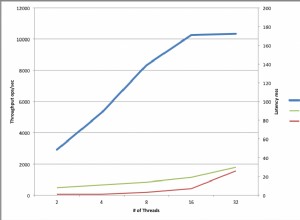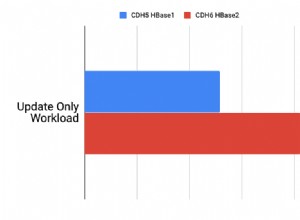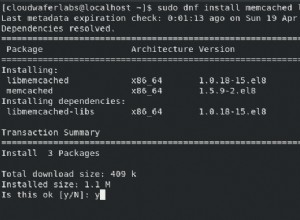Il n'y a pas de commande intégrée pour cela - vos options sont soit d'extraire les deux listes et d'effectuer la comparaison (pour diff) dans le client, soit d'écrire un script Lua qui est exécuté avec le EVAL commande pour l'exécuter côté serveur. Voici un exemple d'un tel script :
--[[
LDIFF key [key ...]
Returns the elements in the first list key that are also present in all other
keys.
]]--
-- A utility function that converts an array to a table
local function a2t(a)
local t = {}
for i, v in ipairs(a) do
t[v] = true
end
return t
end
-- A utility function that converts a table to an array
local function t2a(t)
local a = {}
for k, _ in pairs(t) do
a[#a+1] = k
end
return a
end
-- main
local key = table.remove(KEYS,1)
local elems = a2t(redis.call('LRANGE', key, 0, -1))
-- iterate remaining keys
while #KEYS > 0 do
key = table.remove(KEYS,1)
local check = a2t(redis.call('LRANGE', key, 0, -1))
-- check each element in the current key for existence in the first key
for k, _ in pairs(elems) do
if check[k] then
elems[k] = nil
end
end
end
-- convert the table to an array and reply
return t2a(elems)
Exécuter ceci avec redis-cli ressemble à ceci :
$ redis-cli LPUSH key1 value1 value2 value3
(integer) 3
$ redis-cli LPUSH key2 value1 value3 value4
(integer) 3
$ redis-cli --eval ldiff.lua key1 key2
1) "value2"




